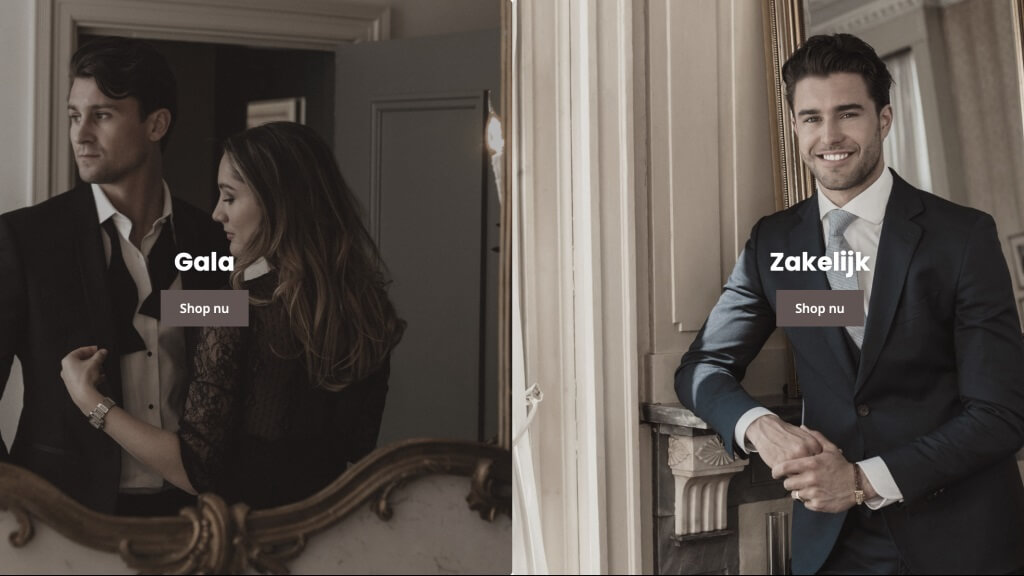The promise of DeFi (decentralized finance) is to revolutionise the world of finance with the creation of open source and a transparent financial ecosystem through blockchain technology. This creates new ways for companies in the Netherlands to raise financing. VIOTTA’s lawyers are happy to help you and your company with any questions you may have about the application of Decentralized Finance under Dutch law.
What is Decentralized Finance (DeFi)?
DeFi is an umbrella term for applications that are built with blockchain technology and that focus on:
- i) decentralizing financial products and
- ii) offering new decentralized financial opportunities for companies and individuals.
Most DeFi products run on Ehtereum’s Blockchain network and mainly use so-called ‘smart contracts’. Examples of DeFi applications are:
- liquidity mining;
- lending platforms;
- yield farming;
- governance tokens;
- decentralized exchanges (DEX); and
- stablecoins.
The common feature of DeFi are the new ways of obtaining financing. For instance, it is possible to not issue shares but tokens over which certain shareholders have control, where certain (shareholders) control is attached. This is explained in more detail below.
DeFi: Asset Tokenization
Asset tokenization is the process by which an issuer creates digital tokens on a distributed ledger based on blockchain technology. Rights and/or claims are hereby granted to the holders of the issued tokens via blockchain. These tokens can, for example, be issued via the Polygon network.
DeFi: Security Token Offering (STO)
An STO is a way of raising funding through a presale of tokens created on a blockchain. These tokens can be based on stocks, bonds, mutual fund shares, future contracts or swap contracts.
DeFi: Initial Coin Offerings (ICOs)
Initial Coin Offerings (ICOs) are a way for companies – usually start-ups – to fund the development of their services. By using blockchain technology, the provider issues digital tokens during an ICO.
DeFi: smart contracts
A smart contract is a code which a user can enter on the Blockchain. Another user can ‘visit’ this code. The code is then executed by nodes. The code is immutable in the same way that data in a blockchain is immutable.
DeFi: What are Tokens?
So-called native tokens are cryptocurrencies such as Bitcoin or Ethereum that use Blockchain technology. A token is a unique element that cannot be spent twice. A token that is not intended to have economic value but only to make the blockchain function is also called a ‘utility token’.
DeFi: Decentralized Autonomous Organization (DAO)
A decentralized application is an application that is created by linking two or more smart contracts. A Decentralized Autonomous Organization (DAO) is an organization that is led by rules laid down in smart contracts. It is comparable to a shareholders’ meeting. Instead of every shareholder, every token holder has a ‘vote’ through the DAO.
Within the DAO, the rules and agreements are laid down in smart contracts and the stakeholders of the organization have digital voting rights. This is stored on the Blockchain. All stakeholders are allowed to vote on decisions about new projects, hiring new staff and the goals of the organization.
A DAO requires that:
- the agreements and rules of the organization can be fixed in smart contracts;
- tokens are issued by means of an ICO for the stakeholders to reward any activities and results;
- the issuance of tokens connects investors to the DAO who can exercise digital voting rights.
Examples of well-known DAOs that use the DAO principle for the governance of the DeFi protocol are Uniswap (UNI), Compound (COMP), Aave (AAVE) and DAO Maker (DAO).
Do you need advice on how to fund your company based on DeFi? VIOTTA is happy to help
Creating a legally sound link between assets and a distributed ledger technology on the Blockchain requires multidisciplinary lawyers with specialist knowledge of this very rapidly developing field of law. If you have any questions, do not hesitate to contact Dirk de Waard and Martijn Kesler. They are happy to help.
Sub-services
Do you want to get in contact with VIOTTA?










